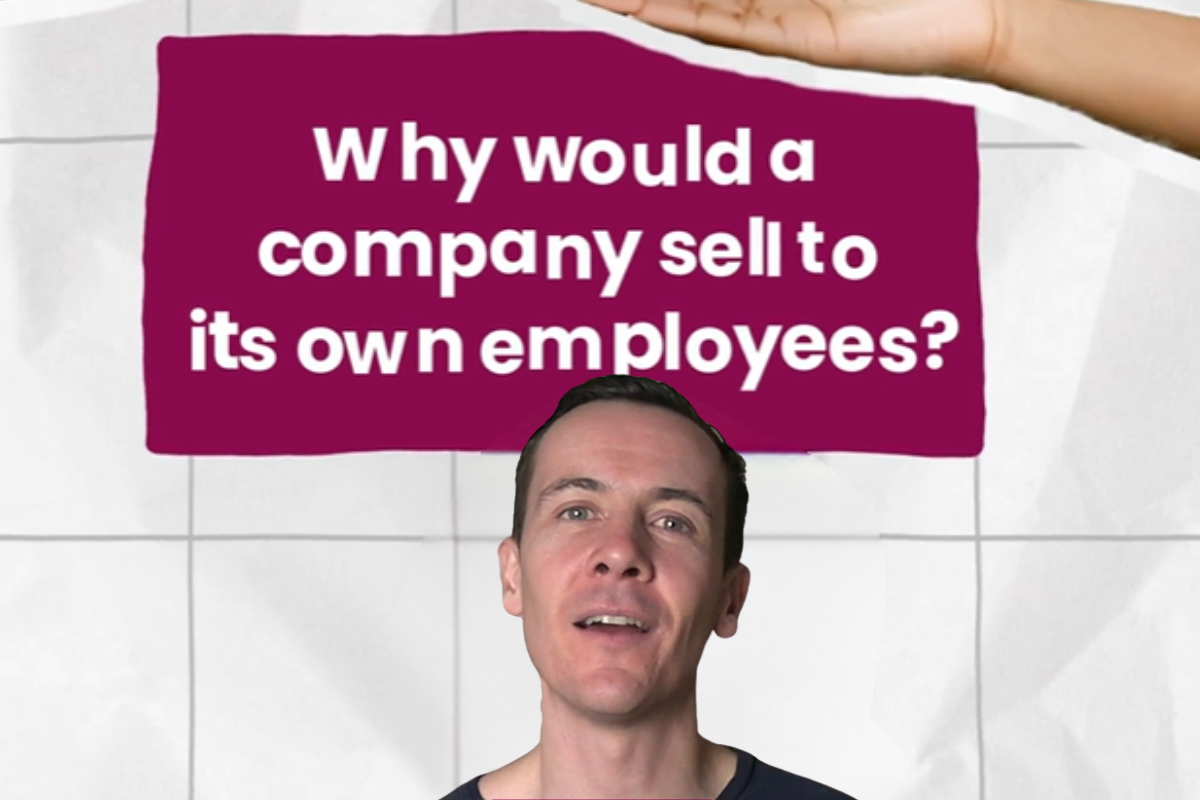By Jon Shell | Part of our Special Series: the Ownership Solution | This post first appeared in The Hill Times
The day before the Canadian federal budget was introduced, a Canadian gold mining company called New Gold announced that it would be acquired by American-owned Coeur Mining. This comes only a couple months after the proposed acquisition of one of Canada’s largest miners, Teck Resources, by British-owned Anglo American.
While government approval is still required for these deals to proceed, Ottawa recently signed off on Sunoco’s acquisition of Parkland Corporation, owner of over of 15% of Canada’s gas stations and an important refinery in B.C. That deal provides little or no benefit to the Canadian economy, has already resulted in job losses and turns critical infrastructure over to an American company.
This was the first real test of the newly beefed-up Investment Canada Act, which allows the government to reject acquisitions of companies like Parkland on economic security grounds. The test did not go well.
There was a time when deals like this could be dismissed as just the cut and thrust of global finance in an ever more connected world.

But the federal budget goes to great pains to explain that that those days are over and calls, many times, for “generational investments.”
You know what’s easier than making a generational investment? Not selling the things you already have.
As governments turn protectionist around the world, if Canada stays “open for business,” there’s a significant risk of a repeat of 2006-2007, when foreign investors scooped up major Canadian companies like Inco, Falconbridge, Noranda, Stelco and ATI.
The impact of the loss of head offices, research jobs and control over Canadian resources is still being felt today.
Recently, the current American owner of Stelco, one of Hamilton, Ontario’s major employers, came out in favour of the American tariffs on steel that are harming his own Canadian employees, raising the ire of Ontario Premier Doug Ford.
While the recent budget used the word “sovereign” 81 times, it did not define a clear strategy to build and maintain Canadian ownership of our assets.
When combined with its focus on attracting private capital, there’s a real danger that the federal government will enable a sell-off of Canadian companies to foreign investors. It’s even possible that this sell-off would be considered a “win” for the strategy, as it could be characterized as an investment in Canada.
This would be a mistake.
There is a significant difference between investing in building and investing in buying.
Building leads to new assets, like the Kitimat LNG terminal in B.C., funded in large part by foreign capital. Buying often leads to a loss of head office jobs, innovation capacity and sovereignty.
With the government signaling a willingness to sell Canada’s airports and ports in this budget, bringing back memories of Ontario’s disastrous sale of Highway 407 to a Spanish company, it’s dangerous to proceed without clearly defining what kind of foreign investment we’d accept.
The mistake could easily be corrected with four concrete steps:
First, the budget sets out to “build, protect and empower Canada.” A Canadian ownership strategy fits cleanly in the “protect” column. It could define Canadian ownership more narrowly and ensure that programs like the Scientific Research and Experimental Development tax incentive do not benefit foreign-owned companies.
Secondly, it could reject the proposed acquisitions of Canadian mining companies, making it clear Canadian ownership is a priority.
Thirdly, it could prioritize ownership structures that enhance sovereignty, like employee and community ownership.
Finally, it could tie all these together with other pro-Canadian measures in the budget, like the Critical Minerals Sovereign Fund into a strong and important narrative that Canadians would support.
When a Canadian company is sold, it can be decades before the impact is fully understood.
At the time of its sale to AMD in 2006, ATI, based in Mississauga, shared the global market for graphics chips equally with U.S.-based Nvidia. Today, Nvidia is the leading global supplier of chips that power AI, employes 36,000 people and is worth $5 trillion USD.
AMD bought ATI for $5.4 billion USD and employs fewer Canadians today than in 2006, despite promising to keep a major research centre in Canada.
The U.S. is leveraging Nvidia’s success in their trade war with China. Imagine if that power resided in Canada instead?
If we really want to build a Canada that is “confident, secure and resilient,” we can’t afford to repeat the mistakes of the past.
Sovereignty requires ownership. It’s clear that China and Trump’s America understand that. It’s time for the Canadian government to prove that Canada understands it too.
Share with a friend
Related reading
Watch the video: Why do Canadians work so hard and get so little?
Low productivity means lower wages and a lower standard of living. Canada does need to boost productivity—but we keep trying the wrong things. Watch SCP CEO Matthew Mendelsohn explain the productivity conversation Canada actually needs to have.
Market study submission: Competition in financing for Canada’s SMEs
Small- and medium-sized businesses (SMEs) face significant barriers to accessing capital and we believe that the lack of competition in the banking sector is one of several important contributing factors. We provided comment on the Competition Bureau's upcoming market study on SME financing because we believe that unlocking capital for SMEs and entrepreneurs will strengthen the Canadian economy, bolster our sovereignty and provide more Canadians with pathways to building wealth. We look forward to seeing how the evidence collected will help inform policymakers interested in tackling this issue.
Watch the video: Why would a company sell to its employees?
Canada is facing a $2-trillion business handoff. What if employees owned more of it? In this video, our Director of Policy Dan Skilleter explains why a company would sell to its own employees, how it happens and who stands to benefits. Spoiler alert: employee-owned companies are shown to be 8-12% more productive, share more wealth with their workers, keep businesses Canadian-owned and shore up the resilience of local communities and the broader economy.


